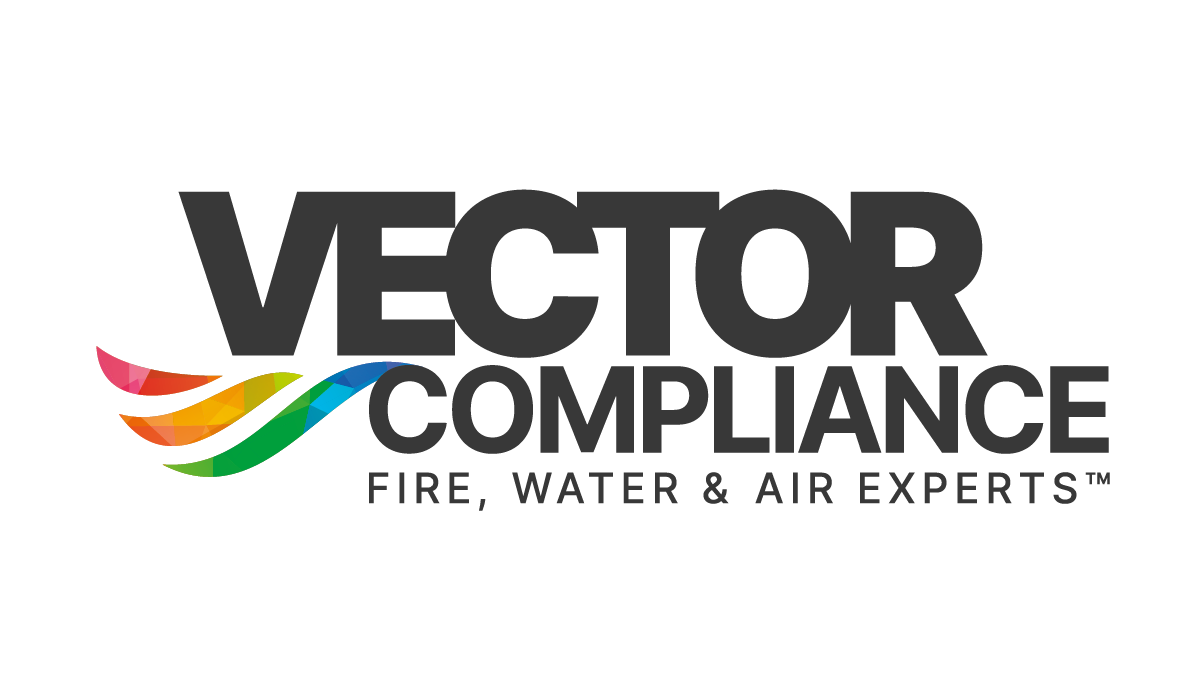Legionella Control Programmes
Legionella Control Programmes
A Legionella control programme is a structured and systematic approach to managing the risks associated with Legionella bacteria within water systems and preventing outbreaks of Legionnaires' disease, a potentially severe form of pneumonia. Legionella bacteria thrive in warm water environments, such as those found in cooling towers, hot water systems, air conditioning units, and other water systems.
The goal of a Legionella control programme is to minimize the risk of Legionella contamination and subsequent exposure to individuals in a specific facility or area. This is typically done through a combination of risk assessment, regular monitoring, control measures, and maintenance practices to ensure the safe and efficient operation of water systems.
Key components of a Legionella control programme may include:
Risk Assessment: Conducting a thorough assessment of water systems to identify potential sources of Legionella growth and transmission, as well as vulnerable populations.
Water System Monitoring and Sampling: Regular testing and monitoring of water systems to detect the presence of Legionella bacteria and other indicators of water quality.
Water Temperature Management: Maintaining appropriate water temperatures (typically below 20°C or above 60°C) to inhibit Legionella growth and proliferation.
Chemical Treatment: Use of biocides and other water treatment chemicals to control and inhibit the growth of Legionella and other harmful microorganisms.
Cleaning and Maintenance: Regular cleaning and maintenance of water systems, including flushing, disinfection, and removal of sediment or biofilm that can harbor Legionella bacteria.
Record Keeping and Documentation: Maintaining detailed records of water system maintenance, test results, control measures, and any corrective actions taken.
Employee Training and Awareness: Providing education and training to personnel responsible for the management and maintenance of water systems to ensure they understand the risks associated with Legionella and how to effectively implement control measures.
Emergency Response Plan: Establishing a clear plan of action to respond to potential Legionella outbreaks or other waterborne emergencies.
Legionella control programmes are critical in various settings, including hospitals, hotels, office buildings, manufacturing facilities, and any location with water systems that could pose a risk of Legionella contamination. Implementing and maintaining an effective Legionella control program helps protect public health and reduce the likelihood of Legionnaires' disease outbreaks.

